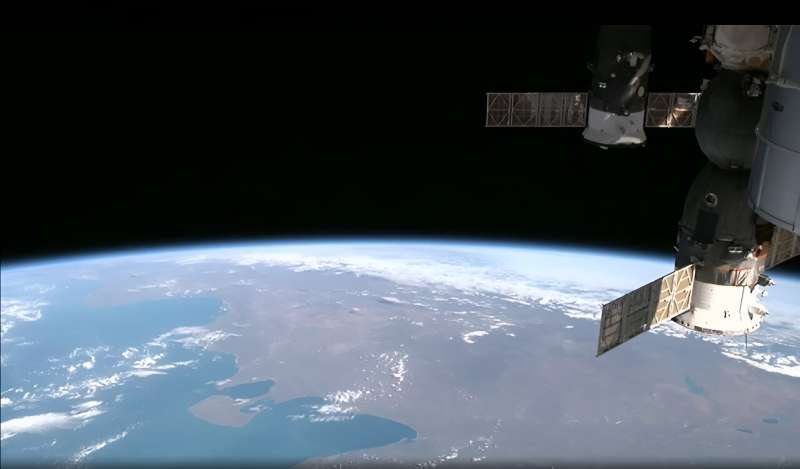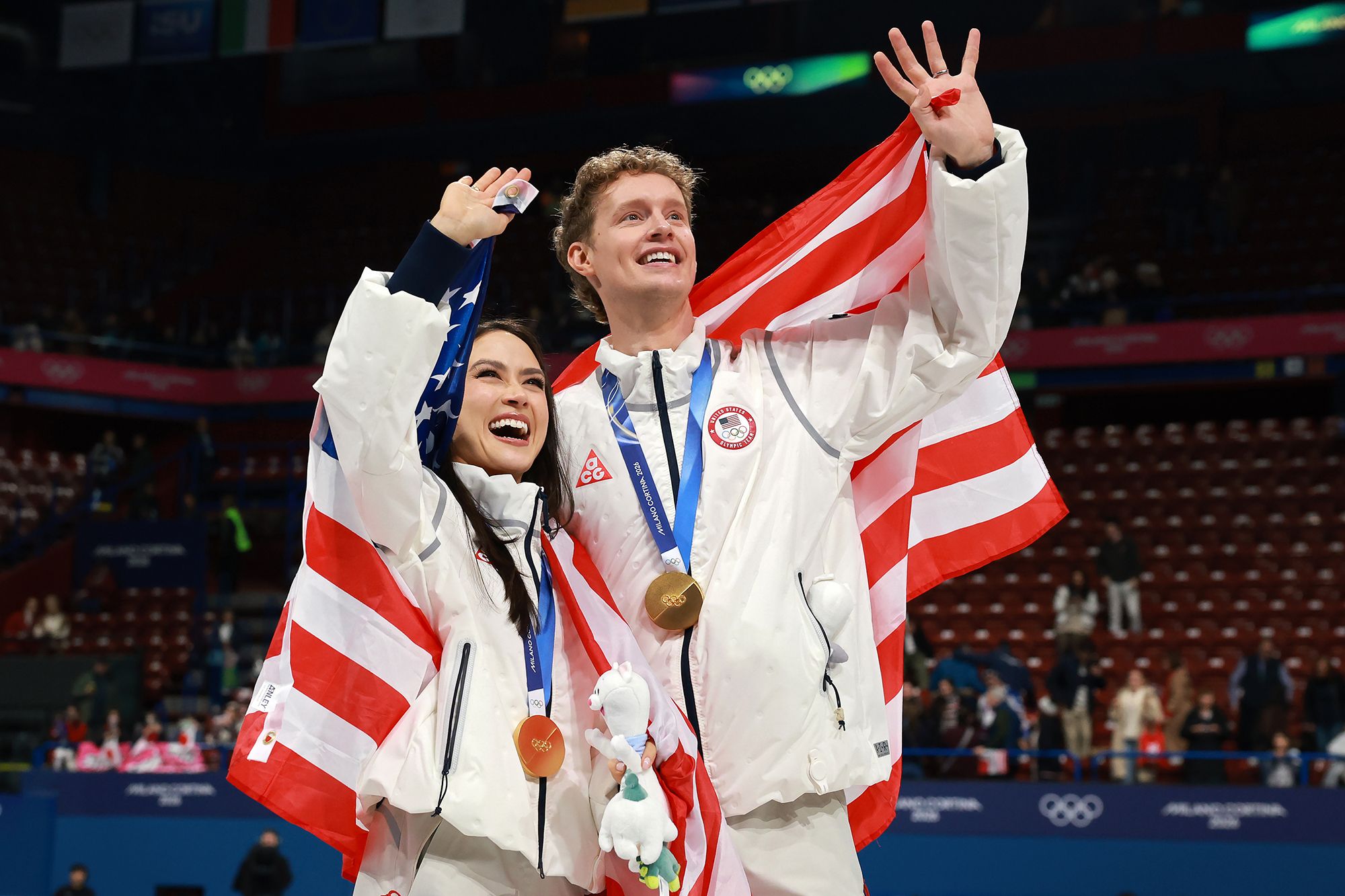Researchers from Japan successfully grow mouse embryos in space for the first time

October 29, 2023
The editorial team of Science X has diligently reviewed this article in line with its rigorous editorial process and policies. The team, during their review, has focused on the following aspects for maintaining the authenticity of the content:
- fact-checked
- peer-reviewed publication
- reputable news agency
- proofread
A team of Japanese scientists have successfully managed to grow mouse embryos on the International Space Station (ISS). According to them, this is the first study that points towards the feasibility of human reproduction in space.
The research team, including Professor Teruhiko Wakayama from University of Yamanashi's Advanced Biotechnology Centre, along with collaborators from the Japan Aerospace Space Agency (JAXA), launched frozen mouse embryos to the ISS using a rocket in August 2021.
The astronauts aboard the station thawed these early-stage embryos with the aid of a specific device and nurtured them for a period of four days.
The research outcome as per the team was that the embryos cultured in microgravity conditions matured normally into blastocysts – a stage of development that precedes the formation of the fetus and the placenta.
The absence of any significant effect of gravity was upheld by the study which was made available online in the scientific journal iScience, recently.
Furthermore, upon analysis of the returned blastocysts, it was discovered that the conditions did not lead to any significant alterations in the genes and DNA.
The study, as per a joint statement by the University of Yamanashi and national research institute Riken, is a first of its kind that demonstrates potential for mammals to survive in space.
The statement highlighted that it was indeed the world's first experiment involving the cultivation of early-stage mammalian embryos under the absolute microgravity conditions of ISS.
The statement further said that a future initiative would be to transplant the blastocysts cultured in the microgravity of ISS into mice. The successful birth of mice would be the ultimate validation of the normalcy of the blastocysts.
Such research contributions hold significance for paving the way for space exploration and colonization in the future.
As part of the ongoing Artemis program, NASA is planning to veer humans back to the moon with a view to understanding how to manage long-term living conditions there. This learning would eventually facilitate planning a mission to Mars, anticipated to be towards the end of the 2030s.
Journal information: iScience
© 2023 AFP




